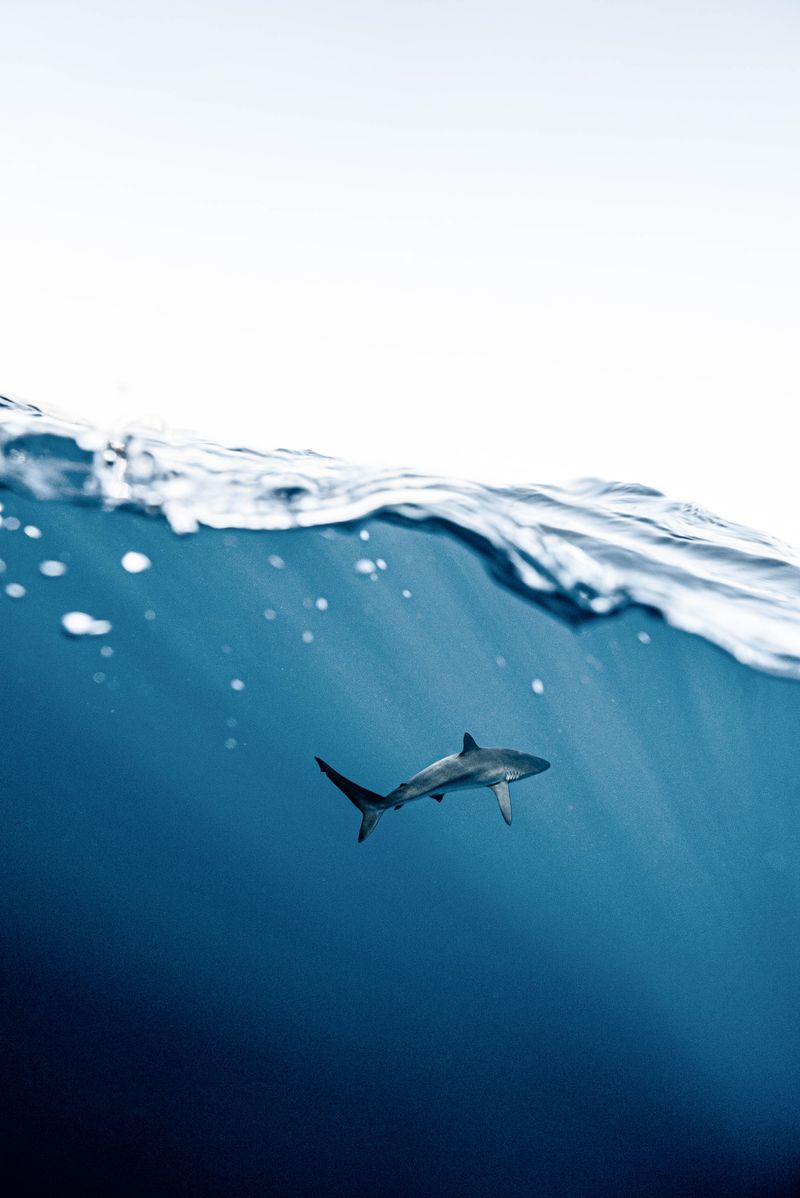Tiger Shark Clubbed to Death in Revenge for Killing a Russian Tourist in Hurghada
The death of a young Russian tourist in Hurghada, Egypt, due to a shark attack has caused an uproar amongst both tourists and locals. After the attack, witnesses claim that the 10ft long tiger shark went on to toy with the victim’s body for two long hours, portraying a brutal and merciless nature. However, this does not justify the equally brutal revenge attack by the locals clubbing the shark to death.
The Ethics of Wildlife Conservation
This recent incident in Hurghada raises the question of the ethical treatment of animals, particularly dangerous ones, that cause harm to humans. Revenge killing of any animal that poses a threat to human life could have long-term implications for the species’ survival, which requires some careful consideration from all stakeholders.
On the one hand, this recent incident was undoubtedly alarming, with the shark dragging its victim’s body for two hours. The tourists’ safety is essential, and local authorities must take affirmative action to ensure the safety of visitors to these popular tourist destinations.
On the other hand, many species, including the tiger shark, are necessary for the ecosystem’s balance, and they have a right to their lives. Although these animals can be dangerous and pose a threat to humans, authorities must find ways to ensure their conservation without endangering human lives.
The Role of Tourism in Wild Animal Encounters
Wildlife conservation is a critical issue that requires cooperation amongst stakeholders in the tourism industry, wildlife protection departments, and local communities. Tourism is a significant driver of economic growth in many countries, but it also plays a crucial role in promoting wildlife encounters, as it has been the case in Hurghada.
Tourists must always be informed about the risks associated with animal encounters, including the tiger shark. The Hurghada incident shows that there is a need for awareness campaigns regarding the dangers of swimming in waters that are known to have dangerous sea creatures. At the same time, authorities must work harder to keep harmful animals out of these waters.
Conclusion
In short, the brutal attack on the tiger shark after its attack on a human is unjustifiable. However, this should not overshadow the need to ensure human safety, as well as the preservation of animal species. Cooperation amongst tourism stakeholders, wildlife conservation departments, and local communities is crucial in ensuring a balance between wildlife conservation and human safety. Authorities should take proactive measures to minimize attacks by dangerous animals while maintaining optimal conditions for them. Finally, tourists must always take precautions in areas with dangerous wildlife to avoid fatal incidents.

<< photo by Elianne Dipp >>
You might want to read !
- “Deconstructing True Crime: A Review of ‘Based on a True Story’”
- Reflecting on the Legacy of Religious Broadcaster Pat Robertson who passed away at 93
- “Australian Reflections: World Ocean Day Sparks Opportunities for Transformative Shifts in our Oceanic Interactions”
- “The Politicization of the Tasmanian AFL Team: A Game of Power and Partisanship”
- World Ocean Day: Young Global Leaders suggest ways to safeguard our oceans
- Fraser Island’s Indigenous Name Restored as an Emblem of Reconciliation




